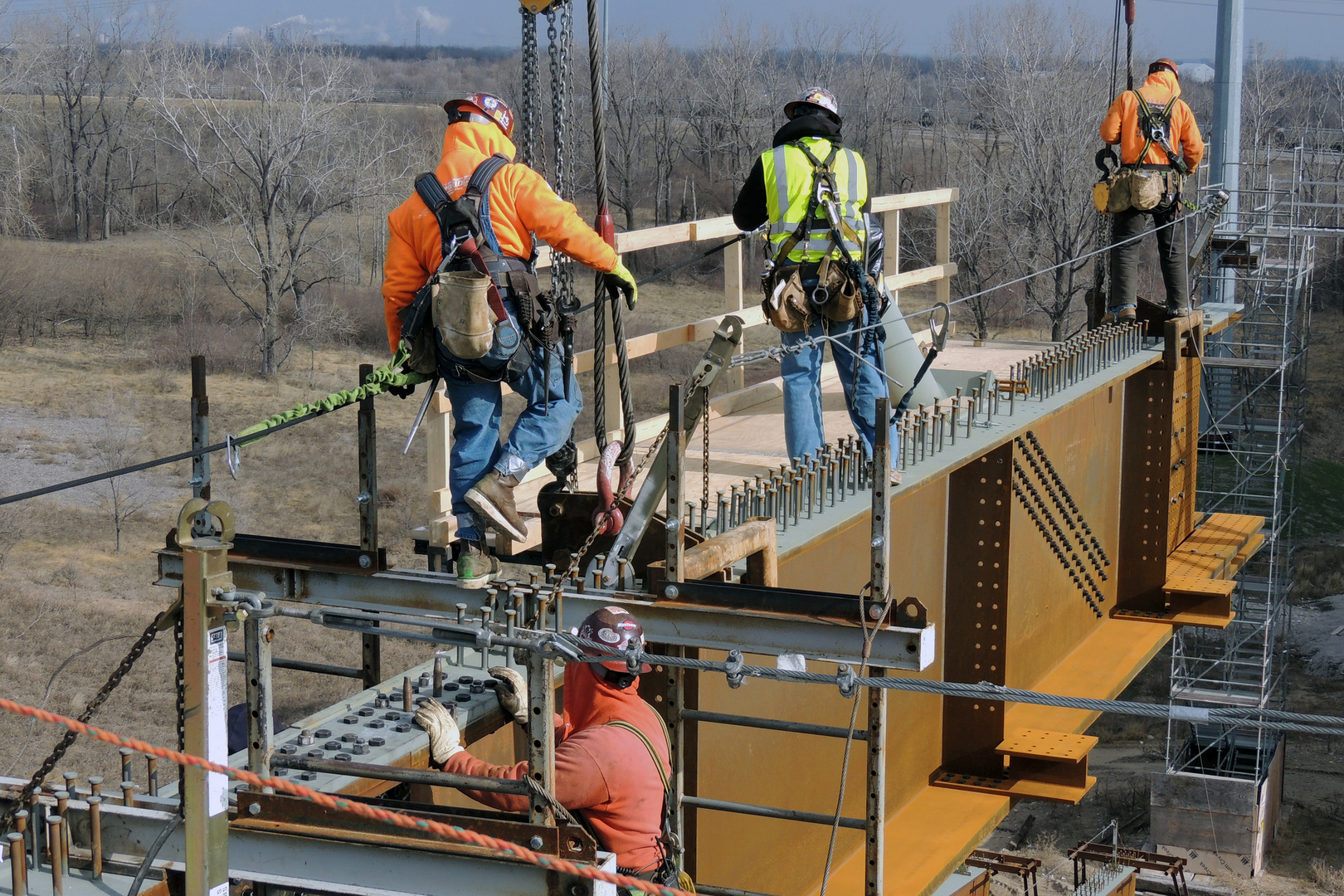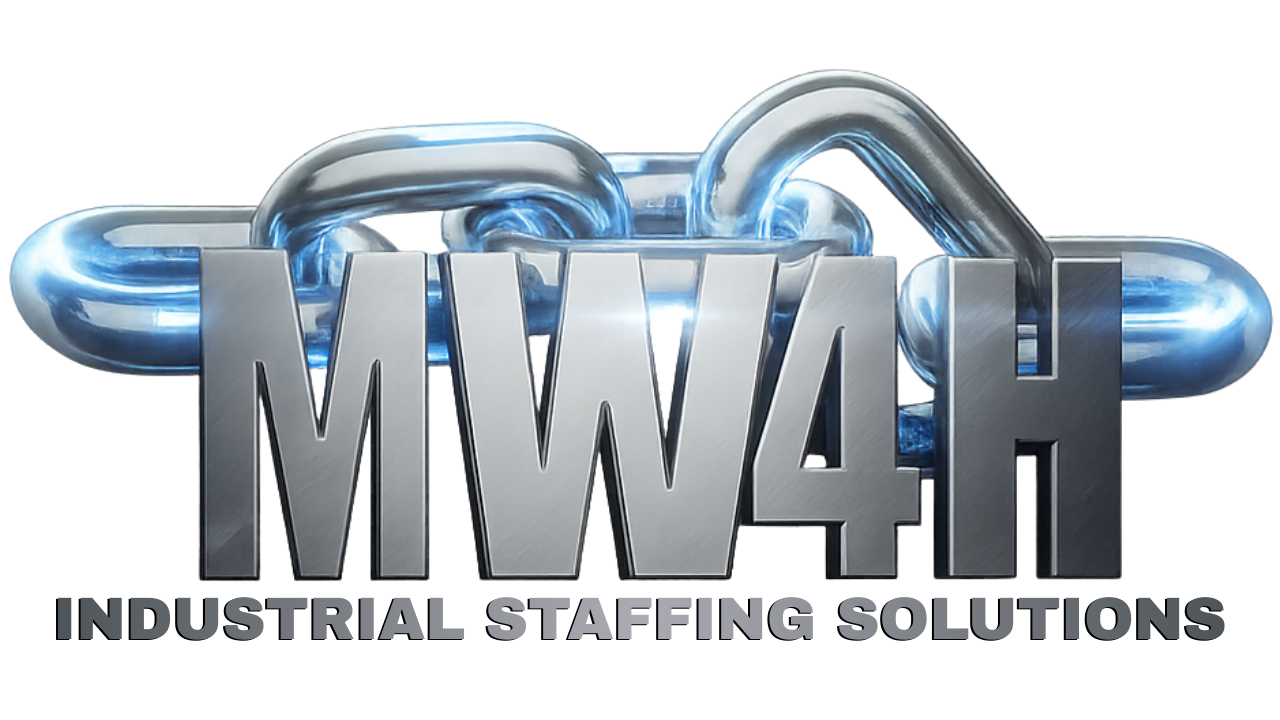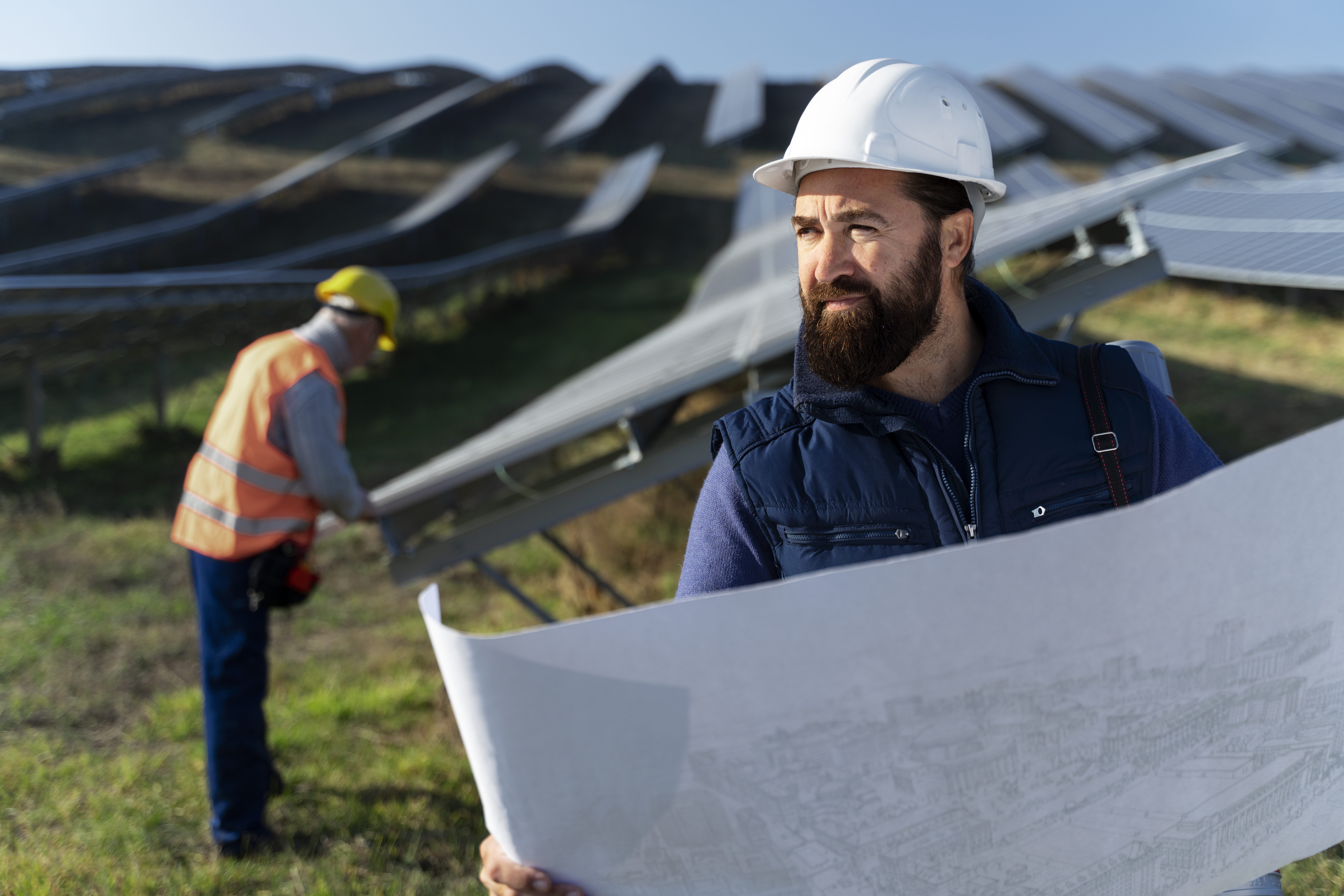



Solar power is becoming an essential part of the renewable energy movement, and as more people turn to solar energy, the demand for solar panel installations has grown. Whether it’s a residential, commercial, or industrial project, solar panel installation requires careful planning and efficient execution. One of the key factors that can make or break a solar project is the staff working on it. Proper solar panel staffing is not just a logistical necessity; it can actually be a game-changer for project timelines. When a project has the right number of skilled workers, it is more likely to be completed on time and within budget.
Staffing is one of the most important factors to consider when planning a solar panel installation project. The team working on the project is responsible for everything from initial assessments and site preparation to the actual installation and system testing. The quality and efficiency of the workforce play a major role in the project’s timeline.
When a project is adequately staffed with skilled workers, it is easier to divide tasks, keep the work flowing smoothly, and meet deadlines. However, if there aren’t enough workers or if the team lacks the necessary skills, the project can face delays, mistakes, and inefficiencies. This can lead to an extension of the timeline, which, in turn, can increase costs and reduce the overall success of the project.
Project planning involves various stages, from conceptualization and permits to installation and final inspections. Each stage requires careful coordination among the staff. If the right people aren’t available at the right time, the entire project can be delayed. For example, if the project planning includes a tight schedule and doesn’t account for enough time for key tasks such as system testing or inspections, it can lead to rushed work, which may impact the overall timeline.
Adequate staffing can have a significant impact on the success of a solar panel installation project. Here are several benefits of having the right number of qualified workers:
Increased Efficiency: Proper staffing allows for work to be done more quickly. Tasks can be divided among different workers, and each worker can focus on their area of expertise. This reduces the chances of errors and ensures that each step in the installation process is done right the first time.
Faster Problem-Solving: A well-staffed project allows for more team members to identify and address problems quickly. With multiple skilled workers on hand, issues can be solved in real time without having to wait for additional support or resources. This is especially important when dealing with complex solar panel systems that may require troubleshooting during installation.
Better Quality Control: Having enough staff ensures that quality control measures are followed closely at each stage of the project. With proper supervision and enough hands on deck, workers can adhere to safety standards and construction guidelines, leading to a well-installed system that meets industry standards.
Reduced Project Delays: Adequate staffing helps ensure that all tasks are completed on time. When the team is properly sized, there is less chance of delays due to a shortage of workers or too much work for too few people. Workers can stay on schedule, and the project can move smoothly through each phase, avoiding unnecessary hold-ups.
Improved Communication and Collaboration: With a sufficient number of workers, communication between team members is easier. Tasks can be clearly assigned, progress can be tracked, and everyone is aware of the project’s goals and deadlines. This leads to better collaboration and a more streamlined project.
Ability to Handle Larger Projects: With more staff, larger and more complex solar panel projects can be completed more efficiently. Teams can scale according to the size of the project, ensuring that every aspect of the job is covered, from electrical work to structural installation.
On the flip side, understaffing or mismanagement of the workforce can be detrimental to a solar panel installation project. If there aren’t enough workers to meet the demands of the project, delays and issues are almost inevitable. Here are some risks associated with understaffing or poor management:
Missed Deadlines: Without enough skilled workers, project tasks will take longer to complete, causing delays. If deadlines are missed, it may take longer to complete the project, which can result in penalties, added costs, and dissatisfaction from clients or stakeholders.
Increased Stress on Workers: When too few workers are assigned to a project, the existing team can become overworked. This leads to burnout, mistakes, and lower productivity. Stress can also affect the quality of work, resulting in poor installation and repairs that could delay the project further.
Lack of Expertise: If the team is not properly staffed with workers who have the right expertise, mistakes can happen. Solar panels require specialized knowledge in both electrical and structural installation. Without qualified workers, the project risks being completed incorrectly, which could require costly repairs or even a complete redo of the installation.
Poor Quality Control: Insufficient staffing may mean that quality control is compromised. With fewer people to monitor the installation process, there is a greater chance that steps will be skipped or mistakes overlooked. This can result in poor performance of the solar panel system once it is up and running, or safety issues down the line.
Increased Costs: Understaffing can lead to increased costs, as delays and mistakes often require additional resources to fix. For example, if electrical connections aren’t properly made or if equipment is damaged due to mishandling, extra work will be required to resolve the issue. This not only delays the project but also adds unplanned expenses.
Safety Risks: Solar panel installations involve working with electricity, heavy equipment, and often high heights. Without adequate staffing, safety protocols may not be followed, putting workers at risk of injury. Proper staffing helps ensure that safety guidelines are adhered to, reducing the likelihood of accidents on the job.
To ensure that a solar panel project runs efficiently and on time, it is important to optimize staffing. Here are a few strategies to optimize solar panel staffing:
Assess Project Requirements: Before beginning the project, assess the size and complexity of the solar installation. This will help determine how many workers are needed and what expertise is required. If the project is large, you may need more electricians, project managers, or specialized staff.
Hire the Right People: It is crucial to have the right people with the right skills on the team. Hiring workers with the right experience in solar panel installation will help reduce errors and increase efficiency. It may also be useful to hire temporary workers during peak times to meet project demands.
Establish Clear Roles: Assign clear roles and responsibilities to each worker on the team. This will help prevent confusion and ensure that tasks are completed on schedule. Having clearly defined tasks also helps with accountability and tracking the project’s progress.
Monitor Progress: Throughout the project, monitor the work closely to ensure that the team is staying on track. Regular meetings with the staff can help identify any issues early on and make adjustments as needed.
Prepare for Contingencies: Even with the best planning, issues may arise that could impact staffing. Have backup plans in place, such as extra workers or alternative resources, in case of unexpected problems like absenteeism or delays in material deliveries.
Technology can play a huge role in optimizing staffing and improving project timelines. Here are a few tools that can help:
Project Management Software: Tools like Asana, Trello, or Microsoft Project can help organize tasks, assign roles, and track project progress. These platforms allow for real-time updates and communication, helping everyone stay on the same page.
Workforce Scheduling Tools: Software like Deputy or When I Work can assist with scheduling shifts, tracking work hours, and ensuring that the right number of workers are available when needed.
Time Tracking Tools: Using time tracking software can help monitor how long each task takes and identify any areas where time is being wasted. This can also help optimize staffing by ensuring that workers are being allocated appropriately to meet deadlines.
Mobile Communication Apps: Having a mobile communication platform like Slack can help workers stay connected and share updates on the go. This ensures that everyone is aware of changes or challenges, allowing for quicker problem-solving.
Proper solar panel staffing is essential for keeping projects on track and ensuring timely completion. When a project is adequately staffed with skilled workers, it leads to increased efficiency, better quality control, and fewer risks. Understaffing, on the other hand, can cause delays, mistakes, and safety issues, which can negatively impact the project’s success. By optimizing staffing, using technology, and ensuring the team has the right expertise, solar panel projects can be completed on time and on budget. For anyone involved in a solar panel installation, paying attention to staffing is one of the most important steps to ensure a successful outcome. Proper staffing truly is a game-changer.